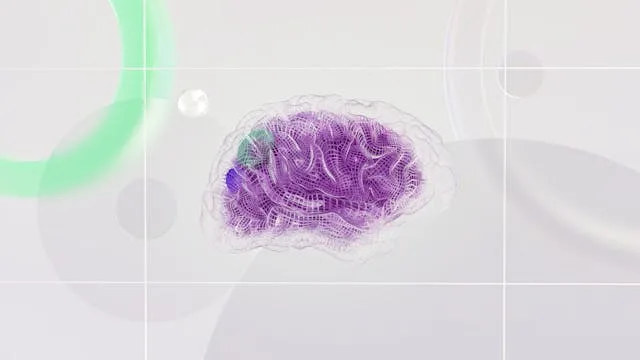Can electricity treat cancer? For biotech companies and researchers, the answer is increasingly yes.
Electric fields — and more specifically, targeted electric pulses — are emerging as a promising treatment for diseases once considered nearly untreatable. From glioblastoma brain tumors to rheumatoid arthritis, electricity may soon become a standard tool in the doctor’s kit.
Companies like Novocure are leading this shift with wearable technologies that use low-intensity electric fields to disrupt cancer cell division. Their FDA-approved device has already extended survival by several months for patients with glioblastoma — a form of cancer with historically bleak outcomes.
One such patient, 62-year-old Tim Nugent, turned to Novocure after surgery and traditional therapy failed. He wore the device — which sends 200 kHz electric pulses through patches on his shaved scalp — and saw his tumor slow down dramatically.
“We’re not just chemical beings,” says Novocure CEO Ashley Cordova. “We’re electrical too.”
What makes this approach revolutionary is its selective targeting. Healthy cells remain untouched, while cancerous ones — with their abnormal electrical properties — are disabled mid-division.
The tech is also branching into autoimmune disease. A vitamin-sized device developed by SetPoint Medical sends mild pulses to the vagus nerve, helping reduce inflammation in rheumatoid arthritis.
The concept? Use electricity like a drug, influencing biology at the cellular level — without chemicals, radiation, or invasive procedures.
Although skin irritation is the most common side effect, the benefits — especially for conditions like pancreatic cancer, lung cancer, and mesothelioma — are opening new clinical doors.
Researchers, like Dr. Kyle Wang from the University of Cincinnati, are pushing to combine these devices with standard treatments like radiation — aiming for even greater results.
Electric medicine isn’t sci-fi anymore. It’s the future.


